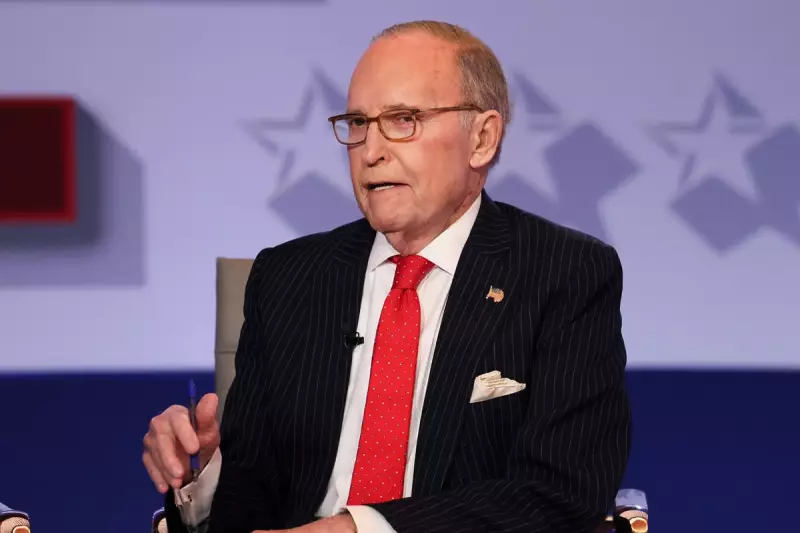
A bombshell resurfaced clip has thrust Fox Business host Larry Kudlow's controversial past back into the spotlight, revealing a stark contrast to his current on-air persona.
The video, from a 1994 C-SPAN interview, shows a candid Kudlow openly discussing his former addiction to cocaine during his time as a Wall Street financier. This revelation stands in sharp opposition to the conservative commentary he now delivers on one of America's most influential right-wing networks.
From Wall Street Excess to Political Power
Before becoming a familiar face on television, Larry Kudlow was a powerful figure on Wall Street. He served as the chief economist at the brokerage firm Bear Stearns, a role that placed him at the heart of 1980s financial culture. It was during this period, he admitted, that his drug use took hold.
"I was addicted to cocaine," Kudlow stated bluntly in the interview. "I used it for a number of years, and it was a problem." His addiction eventually cost him his high-flying job at Bear Stearns, a stark consequence that forced him to confront his demons.
A Path to Recovery and Reinvention
Kudlow's journey from addiction to recovery was a central theme of the old interview. He credited a 12-step programme and his embrace of Catholicism with helping him achieve sobriety. This personal reinvention allowed him to pivot from finance to media, first finding success at CNBC before becoming a key economic adviser to President Donald Trump.
His political alignment shifted dramatically alongside his career change. Once known as a moderate Republican, Kudlow's views hardened, culminating in his role as director of the National Economic Council under Trump and his current position as a primetime host on Fox Business.
A Question of Hypocrisy
The resurfacing of this clip has ignited a firestorm on social media, with many users accusing Kudlow of blatant hypocrisy. Critics point to his current on-air rhetoric, which often includes criticising social welfare programmes and what he perceives as a decline in personal responsibility, while his own past tells a more complex story.
The incident raises pointed questions about the gap between a political commentator's personal history and their public pronouncements, leaving audiences to ponder the authenticity behind the podium.





